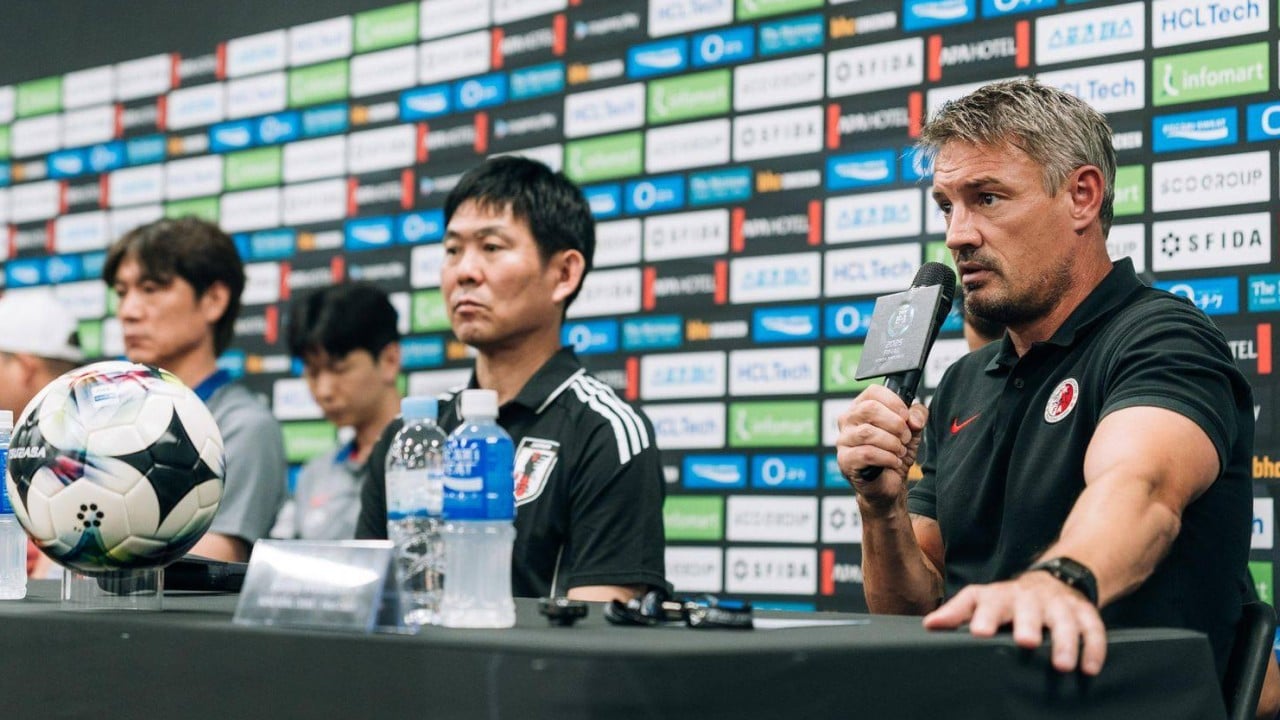

Hong Kong's participation in the East Asian Football Championship sparks debate about their chances against regional powerhouses. While historically, Hong Kong has faced challenges in this tournament, recent improvements and a change in team dynamic suggest that they may be more competitive than in the past.
Historically, Hong Kong has struggled in the East Asian Football Championship. They finished pointless in their only other appearance in 2003, though they did manage to score in losses to South Korea and China. In the 2019 and 2022 campaigns, they suffered six defeats in six matches, conceding 19 goals and scoring none. They also failed to score in all three games in 2010.
However, there are reasons to believe that Hong Kong's fortunes could be changing. Under the guidance of coach Ashley Westwood, the team has demonstrated a new level of competitiveness. In December 2024, they secured qualification for the 2025 EAFF E-1 Football Championship finals. Recent results also indicate a positive trend, with Hong Kong achieving excellent form in International Friendlies, securing 6 wins, 3 draws, and only 1 loss. Their home form has been particularly strong, with 5 wins, 2 draws, and no losses. In June 2025, Hong Kong won their 2027 AFC Asian Cup qualification home game against India 1-0 at the Kai Tak Stadium, setting a new attendance record for a Hong Kong football match with 42,570 spectators.
Currently, Hong Kong is ranked 153rd in the FIFA rankings, a climb since Westwood took over in August 2024. While this is still lower than their East Asian counterparts like Japan (15th), South Korea (23rd), and China (94th), the upward trajectory is a positive sign. Westwood himself has acknowledged the size of the task, emphasizing the strength of their opponents. He noted that the team has no specific goal other than to gel as a team and execute his plans.
Despite the challenges, there is a sense of optimism surrounding the team. New players are integrating well, and the team is focused on using the tournament as preparation for the Asian Cup qualifiers. While expectations may not be high, the team is proud to be participating and aims to carry out Westwood's plans, focusing on team cohesion and high-intensity play.
Ultimately, whether Hong Kong has a "chance" at the East Asian Football Championship depends on how one defines "chance." Winning the tournament may be a long shot, but competing respectably, gaining valuable experience, and continuing their upward trajectory are all achievable goals. With a focused approach and a positive team dynamic, Hong Kong can certainly make their mark on the tournament and demonstrate that they are a force to be reckoned with in East Asian football.